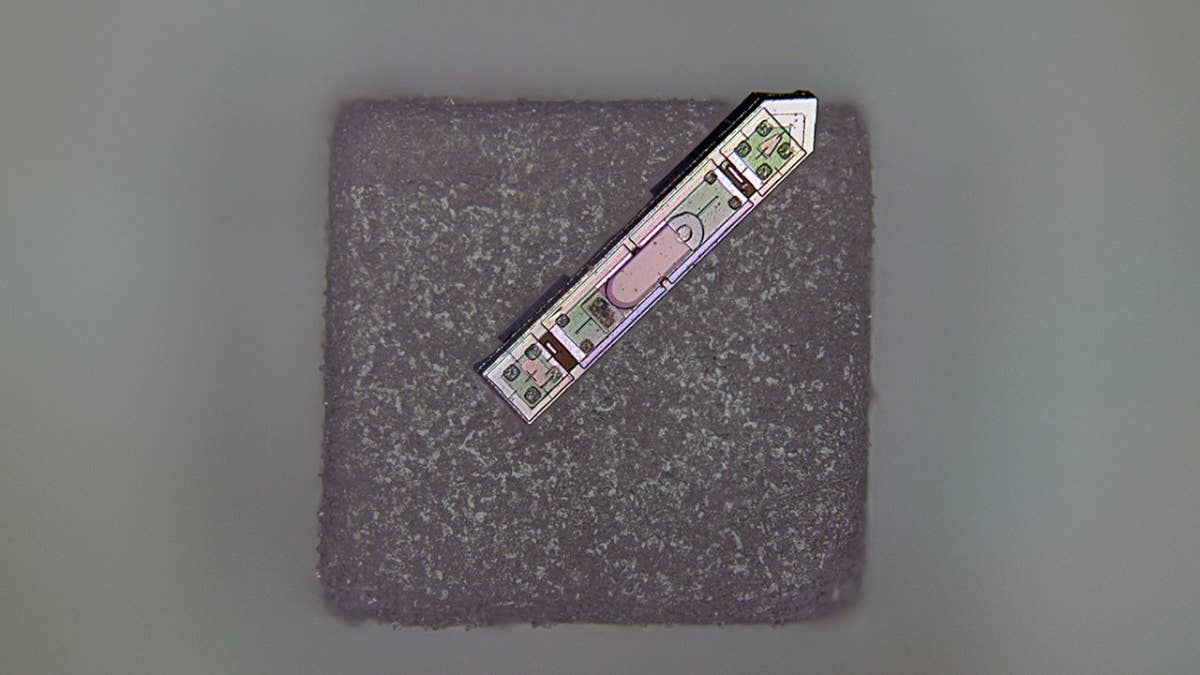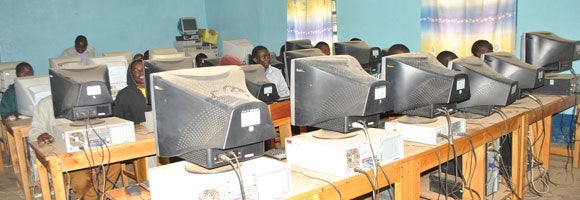Now Learners Don’t Need An Internet Connection To Watch Khan Academy Lessons

Share
The Khan Academy has had quite a year and to end 2012 on an even higher note, the organization recently introduced Khan Academy Lite, or KA Lite, which provides a version of the service's popular educational lessons using wireless peer-to-peer sharing. That means that the nonprofit organization's lessons can be accessed by offline users who, for one reason or the other, do not have an Internet connection.
It's easy in this day and age to get the impression that everyone in the world is connected to the web, but that's far from the case. In fact, statistics from the International Telecommunication Union show that only 35 percent of the world are considered Internet users. That's 4.5 billion people who are not online and hence cannot presently access content on the Khan Academy or anything else for that matter. This includes people in developing countries as well as prisoners in developing countries participating in education programs.
KA Lite currently works by syncing data between devices and a central server that stores all the content. The server can be set up via a web app once and then cloned to other devices offline (although making this smoother is in the works). Using Wi-Fi or cellular networks, transmitted data are tagged with an anonymous key that acts as a signature for each device. In the future, the same system will reportedly be used for peer-to-peer syncing along a chain of devices until a central database is reached that has an online connection.
Be Part of the Future
Sign up to receive top stories about groundbreaking technologies and visionary thinkers from SingularityHub.


The system was initially developed on laptops but the server can even be hosted on a $35 Raspberry Pi, allowing for incredibly low cost and easily setup servers to support the network around the world. And really, that's what Khan Academy is doing -- creating an alternative educational network grafted onto the Internet. It's also noteworthy that the potential to serve other content is being considered, especially as it is an open source project.
For all the negative press that peer-to-peer sharing receives because of torrent sites and copyright issues, it's refreshing to see an innovative use of the technology to freely share the breakout content that the Khan Academy has produced. And who knows? This may help legitimize peer-to-peer networks as an alternative to the world wide web...something that is increasingly of interest in light of a recent UN treaty to establish a set of Internet regulations that was opposed by companies like Google and countries like the US, Canada, the UK, and 9 others.
While organization vision statements often are written in esoteric and ambiguous terms, the Khan Academy's vision is best seen through actions like KA Lite that aim to bring enrichment to the silent inhabitants around the world.
David started writing for Singularity Hub in 2011 and served as editor-in-chief of the site from 2014 to 2017 and SU vice president of faculty, content, and curriculum from 2017 to 2019. His interests cover digital education, publishing, and media, but he'll always be a chemist at heart.
Related Articles

How Scientists Are Growing Computers From Human Brain Cells—and Why They Want to Keep Doing It

These Brain Implants Are Smaller Than Cells and Can Be Injected Into Veins

This Wireless Brain Implant Is Smaller Than a Grain of Salt
What we’re reading
